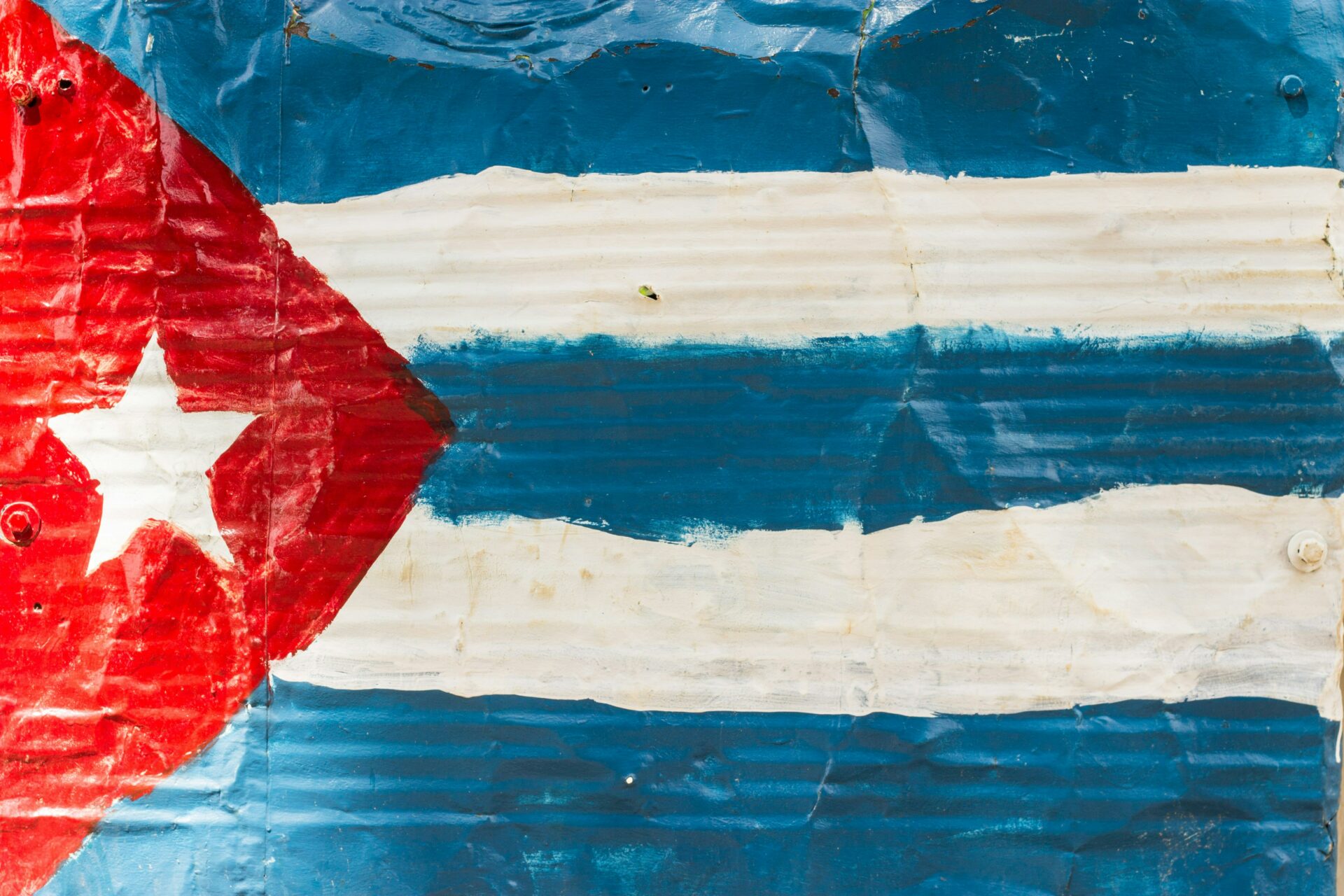The quiet passage of Cuban officials through Miami’s International Airport, guided by the Transportation Security Administration (TSA), has ignited a firestorm of controversy, especially within the deeply-rooted Cuban exile community in Florida. These officials from Cuba’s communist regime, a U.S.-designated state sponsor of terrorism, spent five hours touring TSA’s control facilities within the airport, which house some of the agency’s most sensitive computer systems. The visit, labeled as part of “law-enforcement cooperation” between the two nations, has stirred intense reactions.
This secretive tour, unbeknownst to Miami-Dade County’s Aviation Department and many airport personnel, comes at a time when Cuba’s designation as a State Sponsor of Terrorism remains vivid in the minds of those who remember its affiliations with terrorist organizations such as the Iranian Islamic Revolutionary Guard Corps (IRGC), Hezbollah, and various Marxist guerrilla groups in Colombia. The Castro regime’s close alignment with these entities has made this guided access particularly troubling for local officials and the Cuban diaspora, who have long opposed the sinister legacy of the communist regime.
The historical context further complicates the narrative. Cuba had been listed as a State Sponsor of Terrorism from 1982 until 2015, only to be reinstated in 2021 during the Trump administration. The recent decision by the Biden administration to remove Cuba from the list of “not cooperating fully” with U.S. counterterrorism efforts has added another layer of tension. Secretary of State Anthony Blinken justified this removal, suggesting that Cuban and U.S. law enforcement cooperation warranted the change. However, this move appears misguided for many, given the regime’s history and alliances.
The timing of this tour, conducted on May 20th—Cuban Independence Day—deepened the offense. This significant day commemorates Cuba’s secession from Spain in 1902, a legacy that the Castro regime has systematically sought to erase from public consciousness. Instead, the regime enforces the observance of July 26, marking Fidel Castro’s initial violent attempt at revolution. This dichotomy underscores Cubans’ ongoing struggle for ideological freedom and historical recognition.
An anonymous source from the airport conveyed concern, highlighting that the Cuban officials were given exclusive access to highly restricted areas, raising alarms about the potential security risks. Many workers at Miami International Airport escaped the oppressive conditions of the regime, making this event a personal affront. The source emphasized the dangerous naivety of granting such access to representatives of a regime closely aligned with geopolitical adversaries like China, Russia, and Iran.
Miami-Dade County officials have expressed their outrage. Mayor Daniella Levine Cava denounced the decision, asserting it was ill-conceived and lacking the necessary oversight and communication with local authorities. Commissioner Kevin Marino Cabrera described the event as a reckless act of appeasement to the communist regime, further accusing the administration of exploiting the visit for propaganda.
The TSA, attempting to mitigate backlash, insisted that the Cuban officials did not access any sensitive technology or systems, framing the visit as an educational tour to demonstrate aviation security best practices. Yet, this explanation rings hollow for many, given the Cuban regime’s track record and the symbolic significance of the date chosen for the visit.
Legislative voices in Washington, including Sen. Marco Rubio and Rep. Carlos Gimenez, have sharply criticized the administration. They argue that such actions undermine national security and disregard the sacrifices of those who have fled communist oppression, reinforcing the perception of a misguided approach to relations with hostile foreign regimes.
This incident highlights the ongoing struggle for ensuring secure and sovereign borders and casts a spotlight on the conflicting narratives within U.S. foreign policy. The broader implications for the Cuban diaspora and national security continue to resonate, emphasizing the need for a steadfast commitment to freedom and vigilance against regimes that threaten it.



